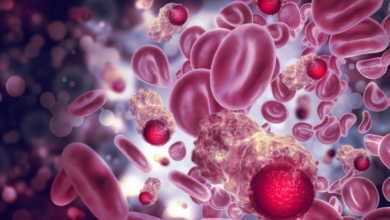Companion Diagnostics

What is Companion Diagnostics?
Companion diagnostics are medical tests that are used to predict a patient’s response to a specific therapeutic agent. They help to identify patients who are most likely to benefit from a particular treatment or who may experience adverse side effects.
Why Companion Diagnostics is required?
· Personalized medicine: Companion diagnostics enable personalized treatment by matching patients with the most effective therapies based on their genetic makeup.
· Improved outcomes: By identifying patients who are likely to benefit from a treatment, companion diagnostics can help to improve treatment outcomes and reduce the risk of adverse events.
· Reduced costs: Companion diagnostics can help to reduce healthcare costs by avoiding ineffective treatments and minimizing adverse effects.
Which are the method of Companion Diagnostics?
Companion diagnostics can involve various methods, including:
- Genetic testing: Analyzing a patient’s DNA to identify genetic variations associated with drug response.
- Biomarker analysis: Measuring specific biological markers that can predict treatment response or adverse effects.
- Imaging techniques: Using imaging technologies, such as CT scans or MRIs, to assess a patient’s disease state and response to treatment.
Who should go for Companion Diagnostics?
Patients who are considering treatment with a drug that has companion diagnostics available may be recommended for testing. This is particularly important for:
- Patients with complex or chronic diseases
- Individuals who have a family history of certain diseases
- Patients who have experienced adverse reactions to medications in the past
What are the results of Companion Diagnostics?
Companion diagnostics can provide information about:
- Drug sensitivity: Whether a patient is likely to respond to a particular drug.
- Adverse event risk: The risk of experiencing side effects from a drug.
- Treatment options: Alternative treatments that may be more effective or have fewer side effects.
What are the components of Companion Diagnostics?
Companion diagnostics typically involve:
- Genetic testing: Analyzing a patient’s DNA to identify relevant genetic variations.
- Biomarker analysis: Measuring specific biological markers that may be indicative of drug response or adverse effects.
- Clinical data analysis: Collecting and analyzing patient data to inform treatment decisions.





